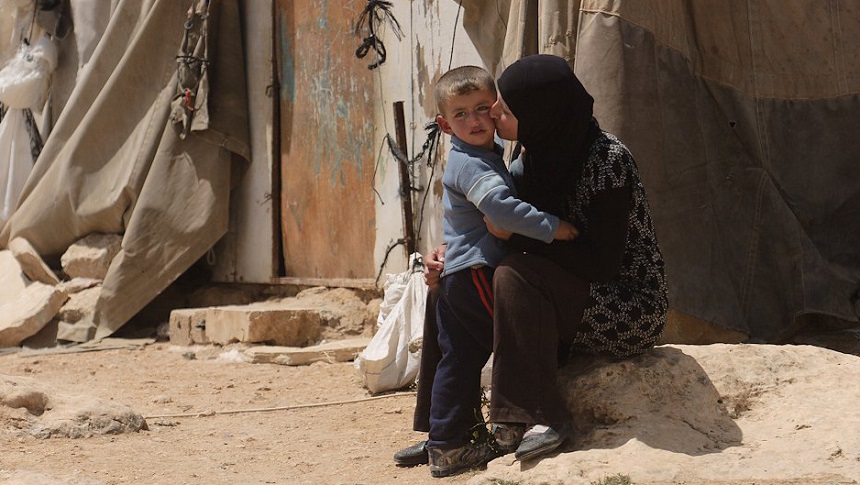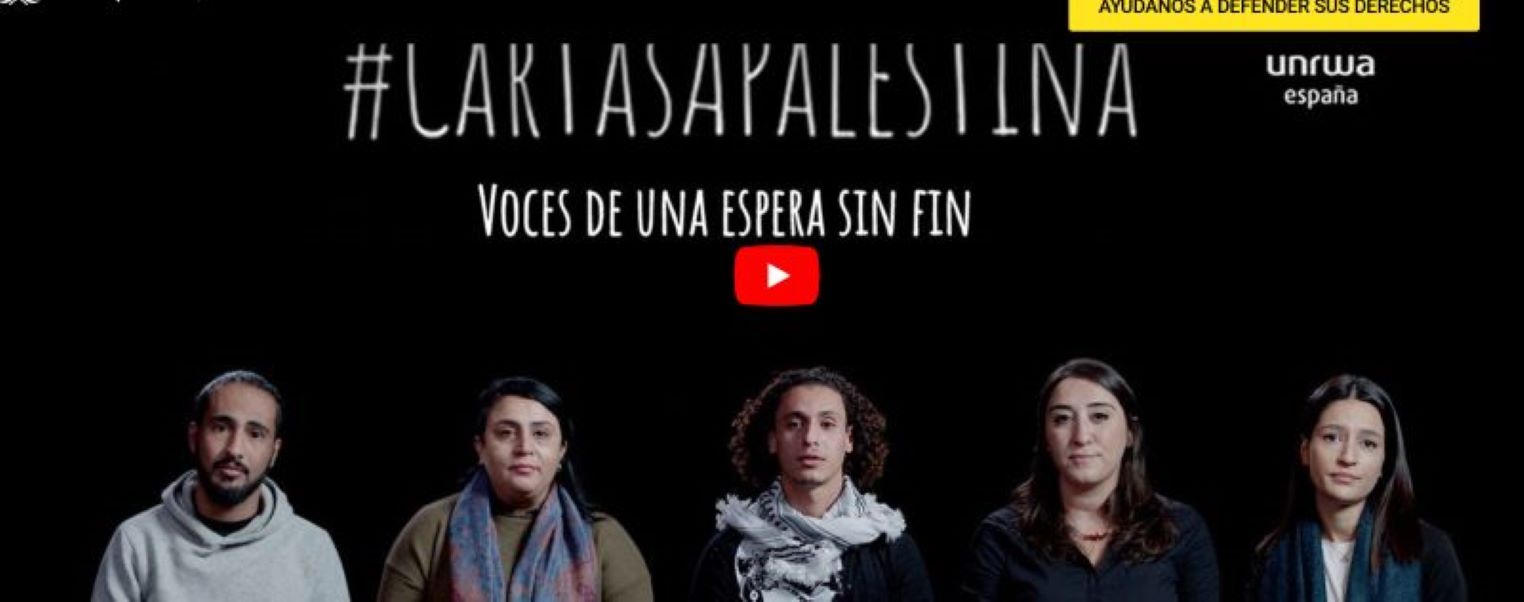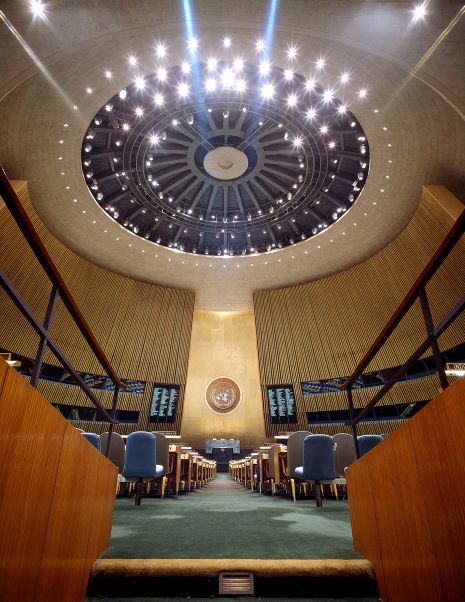
22/12/23
28 World Climate Summit
During these last few days, the 28th World Climate Summit COP28 has taken place in the city of Dubai (UAE), focused on the energy transition and the future of fossil fuels.
Check the conclusions

21/12/23
Gaza, between two walls. A Christmas Carol
Sadly, the war between Israel and Palestine is still topical. We leave you this podcast so you can listen to what life was like in the Gaza Strip in December 2019

28/11/23
Letters to Palestine
In these days, when unfortunately, the war between Israel and Palestine is again on the front pages of the newspapers, we want to give voice to this project Letters to Palestine , in which you can see and listen to young Palestinian refugees talk about their feelings as people who have been forced to flee their land due to a conflict that has been unresolved for 73 years.
.png)
29/09/23
We launch a new version of our newsletter
The newsletter we send quarterly to keep subscribers informed about the latest UN actions and library activities has changed its form.
Check the last newsletter.
If you still do not receive it, subscribe by filling out the form.

05/09/23
Opening of session 78 AG
The 78th session of the General Assembly will begin on September 5, 2023 at 3:00 p.m.

28/07/23
Happy Holidays
The depository library of the United Nations ONUBIB will remain closed in August. At www.un.org you can follow the latest news regarding the UN.
We take this opportunity to wish you a good holiday and celebrate the International Day of Friendship that is commemorated on July 30, a date established by the UN to recognize the importance of friendship as a factor that contributes to peace, security, development and social harmony among the peoples of the world.



















